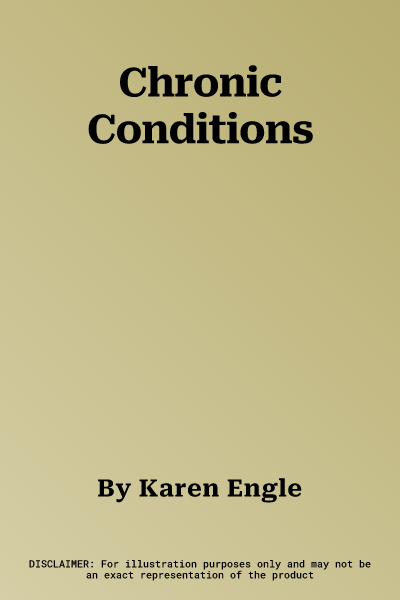Imagine a house whose wiring is spliced and patchy with knob and tube,
coiled like a serpent ready to strike and spark at any moment. Even if
you have a fire trap behind your walls, the lights will turn on. In her
memoir of a life lived in physical pain, Karen Engle asks whether and
how language can capture what it's like to be in a body that appears to
work from the outside, when its internal systems operate through an ad
hoc assemblage of garbled messaging, reroutings, and shaky foundations.
A series of narrative reflections capture the myriad ways in which the
chronic conditions its suffering subject. Contrary to claims that pain
obliterates language - long a trope of writing about illness - Engle
contends that the person with chronic pain is not hampered by a scarcity
of language, but rather its excess: enervation by the unending waves of
utterance. From a history of the word chronic and its shifting
significance to meditations on multiple diagnoses and interactions with
medical personnel, Chronic Conditions is a doctor's case file through
the looking glass of a creative writer, scholar, and patient. Engle
explores, through medical research, literature, and art, how it feels to
become attuned to the rhythms of perpetual and mysterious physical pain.
At stake here is the search for a kind of writing that does not
instrumentalize pain for allegorical or transcendental purposes. Chronic
pain is not a sign of weakness, nor is it an opportunity for personal
growth, Engle argues. Instead, it is entirely ordinary and deeply
affecting.

